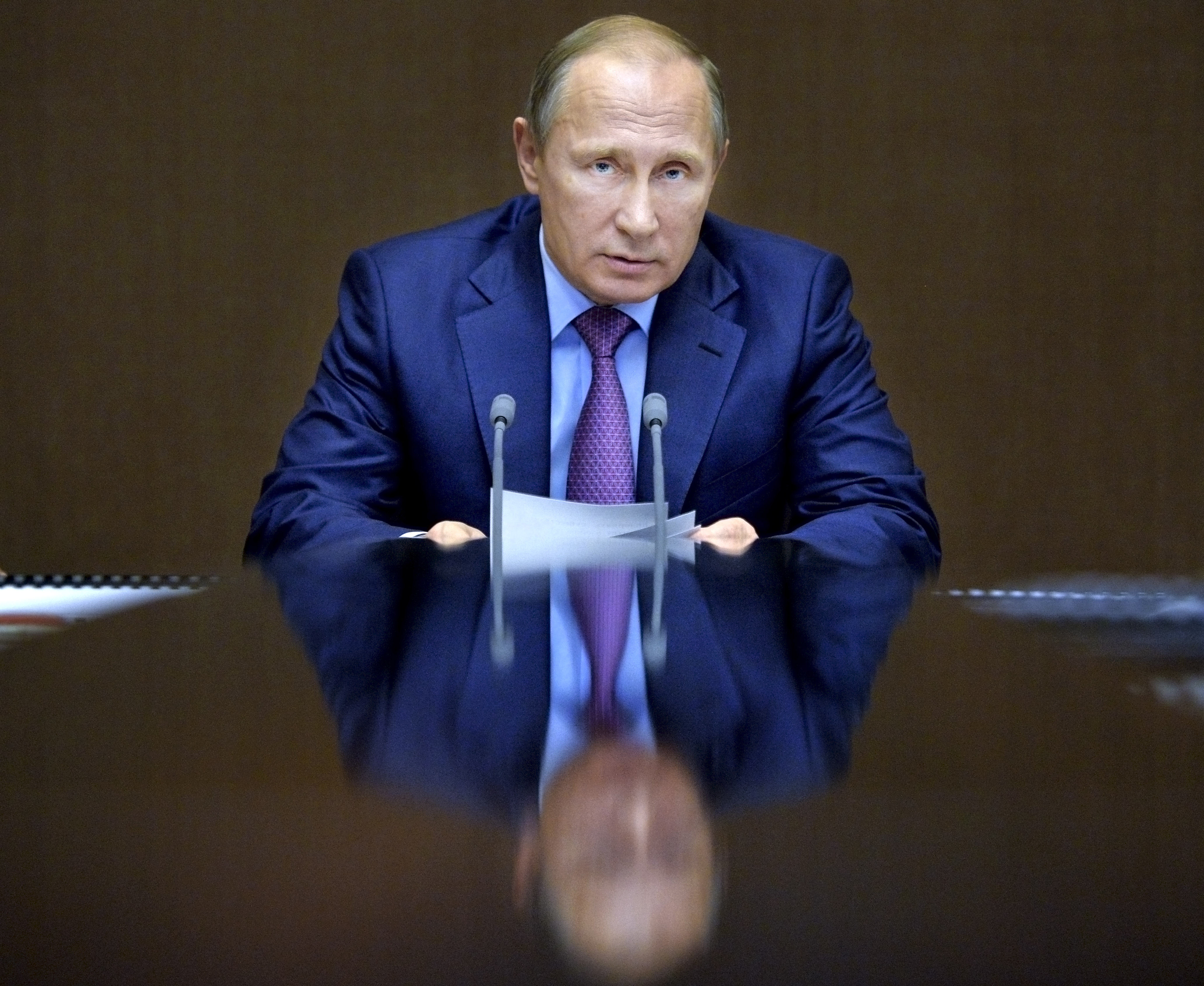The conflict between Russia and Ukraine has taken an ominous new turn. So far it's Crimea that's paying the price, but Kiev could be next.
The Russian-held peninsula was plunged into darkness over the weekend as saboteurs in Ukraine cut off most of its electricity supply. A series of explosions in the south, starting on Thursday, knocked out transmission lines that supply 80 percent of Crimea's electricity. Most of the peninsula still has little or no power, and the Crimean government has declared a state of emergency, as Ukrainian protesters block utility crews from repairing the damage.
"It feels like you've descended into the Stone Age," Vladimir Garnachuk, a former Crimean government official, said by telephone from Sevastopol, where households are getting three to six hours of electricity a day.


















With your current subscription plan you can comment on stories. However, before writing your first comment, please create a display name in the Profile section of your subscriber account page.